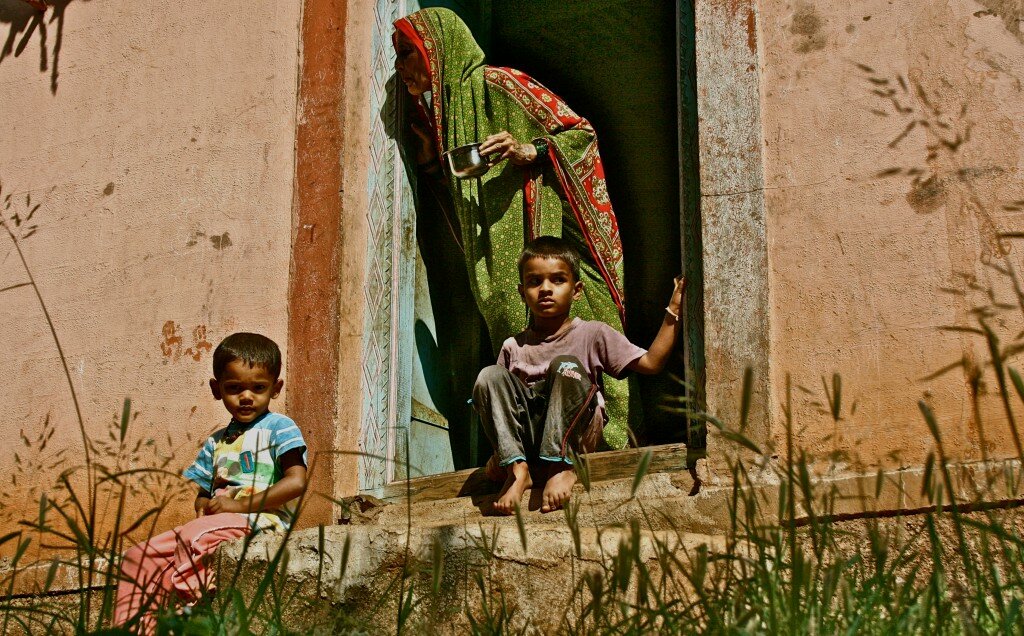2015 provides a tremendous opportunity to improve global health, particularly as the window to achieve the Millennium Development Goals (MDGs) closes. With the international community looking ahead to the post-2015 development agenda, leaders from some of the world’s most advanced and growing economies are poised to play an important role in expanding access to neglected tropical disease (NTD) treatments.
Recently, the Global Network was encouraged to see both the BRICS countries (Brazil, Russia, India, China and South Africa) and the Group of 7 (G7) call attention to NTDs and add momentum to the global movement to control and eliminate them.
For example, under Brazil’s leadership, NTDs were added to the BRICS’ collective health agenda for the first time during the Fourth BRICS Health Ministers Meeting, held in Brasilia, Brazil, on Dec. 5, 2014. Recognizing that many of these diseases are preventable, officials pledged to improve access to existing health solutions that will help the world control and eliminate NTDs by 2020.
This move marks a positive step and injects new energy in the global fight against NTDs. This group of 17 parasitic and bacterial infections has a devastating impact on the poorest, most marginalized communities across the globe, perpetuating poverty and inequality.
In addition to the BRICS’ commitment to address NTDs, we were happy to see that neglected and poverty-related diseases will be one of the focal areas for the 2015 G7 Summit agenda. This year’s Summit, held on June 7-8 in Germany, will provide an important platform for promoting and coordinating efforts to control and eliminate NTDs. Collectively, these diseases impede economic growth and can cause impaired childhood growth and development, poor pregnancy outcomes, blindness and crippling disfigurement.
The G7 Summit also provides an opportunity to reinforce that investments in NTD control programs are one of the best buys in global health. Pharmaceutical companies have already stepped up, providing medicine free-of-charge to treat the most common NTDs through 2020. G7 leadership, in particular, is critical to leveraging these drug donations. More resources for NTD control programs would allow countries to scale up interventions through mass drug administrations to deliver treatment to all those who need them.
While both the BRICS and G7 countries have made encouraging commitments, we hope they will deliver on their promises and take concrete actions to control and eliminate NTDs.
Much progress has been made, but there is still work to be done. For example, BRICS countries continue to account for more than 30 percent of the world’s children at risk of intestinal worms, and India alone represents nearly half of the world’s population at risk of lymphatic filariasis. BRICS countries can set an example both within and beyond BRICS borders by prioritizing NTD control and elimination.
We also hope to see G7 leaders deliver on their earlier promises and take concrete actions to control and eliminate NTDs. At the 2008 Hokkaido Toyako Summit, G7 leaders made impressive commitments to reach at least 75 percent of the people affected by NTDs, in order to eliminate these diseases as public health threats. By supporting the London Declaration, G7 leaders can invigorate a low-cost solution that unlocks the economic potential of millions of people burdened by these diseases, while simultaneously supporting the World Health Organization’s goal to control and eliminate NTDs and the World Bank’s target of eliminating extreme poverty by 2030.
For more on the BRICS and G7, read our statements here and here.

